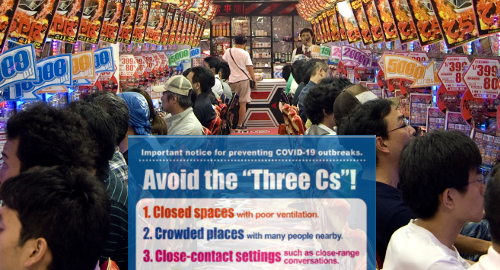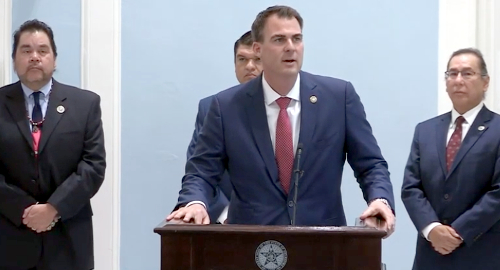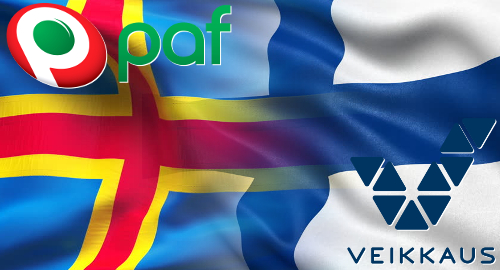Networking platform to open in advance for delegates from April 23rd
Tuesday, 21st April 2020: European Gaming, Central and Eastern Europe’s leading betting and gaming media platform, is gearing up for next month’s widely acclaimed MARE BALTICUM Gaming Summit.
The CEE gaming scene’s first ever virtual conference is set to take place on May 7th, the date of the original event, with its much-anticipated business development and networking platform set to open in advance on April 23rd.
The full day’s event, set to tackle the latest in global challenges, will feature panel discussions and presentations via live stream, with registered attendees also able to network through online meetings, using European Gaming’s cutting-edge conference platform technology.






